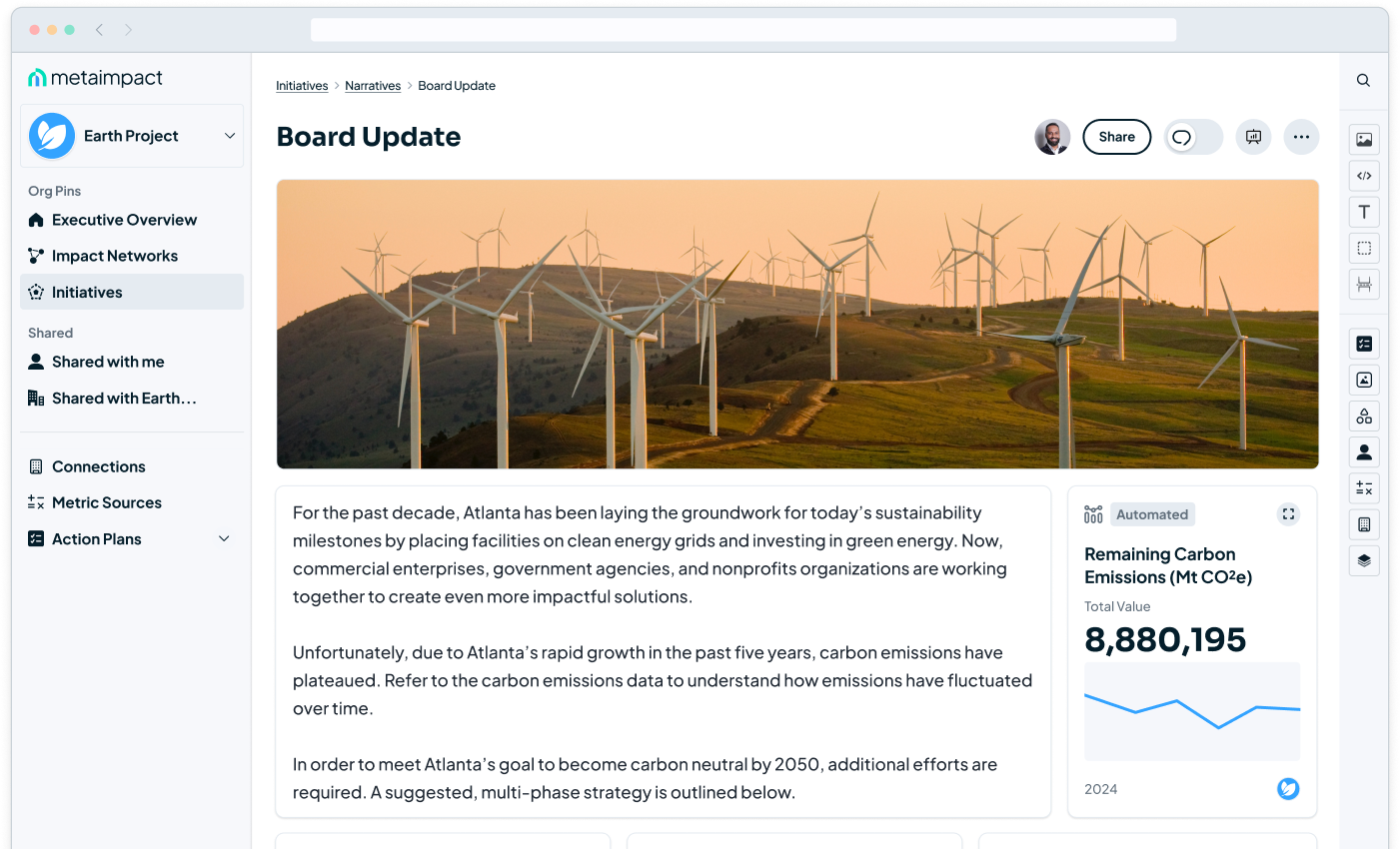What is Happening?
New standards and regulations, headlined by the EU’s Corporate Sustainability Reporting Directive (CSRD), the SEC Climate Disclosure Rule, and California’s Climate Corporate Data Accountability Act (CCDAA), will transform sustainability. These regulations, increasingly supported by a common set of climate reporting standards, transition sustainability from an elective, self-reporting environment to a formal reporting environment that compels outside audit and enables public comparability.
The collective action on standards and regulations serves to create a far more coherent global regulatory environment, noting material differences that may exist in different jurisdictions.
The combined scope of these regulations mean that any firm over $1B (private or public) and with material operations in Europe will be directly affected. And significantly, although thousands of small and mid-sized companies that work within their respective supply chains will not be directly affected by the regulations, they will be affected by their downstream customers seeking Scope 3 (emissions from the upstream and downstream value chain) emissions reporting and reductions.
Why Does it Matter?
New standards and regulations are geared to catalyze real, measurable progress to get to a low-carbon economy and combat the dire impacts of climate change. At first glance, they appear to be delivering on that goal. Companies have pulled back from prior claims of net-zero status that were, in theory, earned through (now dubious) offsets and are now marshaling the internal resources to deliver measurable progress against their respective sustainability goals.
The challenge is that competing priorities are pulling on finite corporate resources: the need to deliver financial performance, build and operate a sustainability reporting environment, and fund the actual sustainability program charged with making progress.
That logjam is likely to be exacerbated by commercial pressures in addition to regulatory requirements. In a recent survey of sustainability leaders, 88% felt pressure from downstream customers demanding Scope 3 measures, compared with the 80% of respondents who felt pressure from regulations. Either way, the weight of pending regulations is transforming sustainability and placing immense pressure on companies’ ability to manage and measure their sustainability programs.
What does it mean to organizations going forward?
Regulations are having the desired effect of invigorating the market. The effective scope of these regulations, especially when adding in small and mid-sized companies impacted, is staggering. But the most important ingredient that is emerging is the competitive pressure to tie sustainability and financial performance together, creating a commercial imperative to make progress.
As we look forward, market advantage will go to those making real progress in sustainability. Financial, reputational, and customer risk will be realized by those that do not.
This emphasizes the need to have a program management and measurement environment in place to efficiently deliver predictable performance and be able to translate superior management to market advantage. Learn how Metaimpact can help by requesting a demo.













